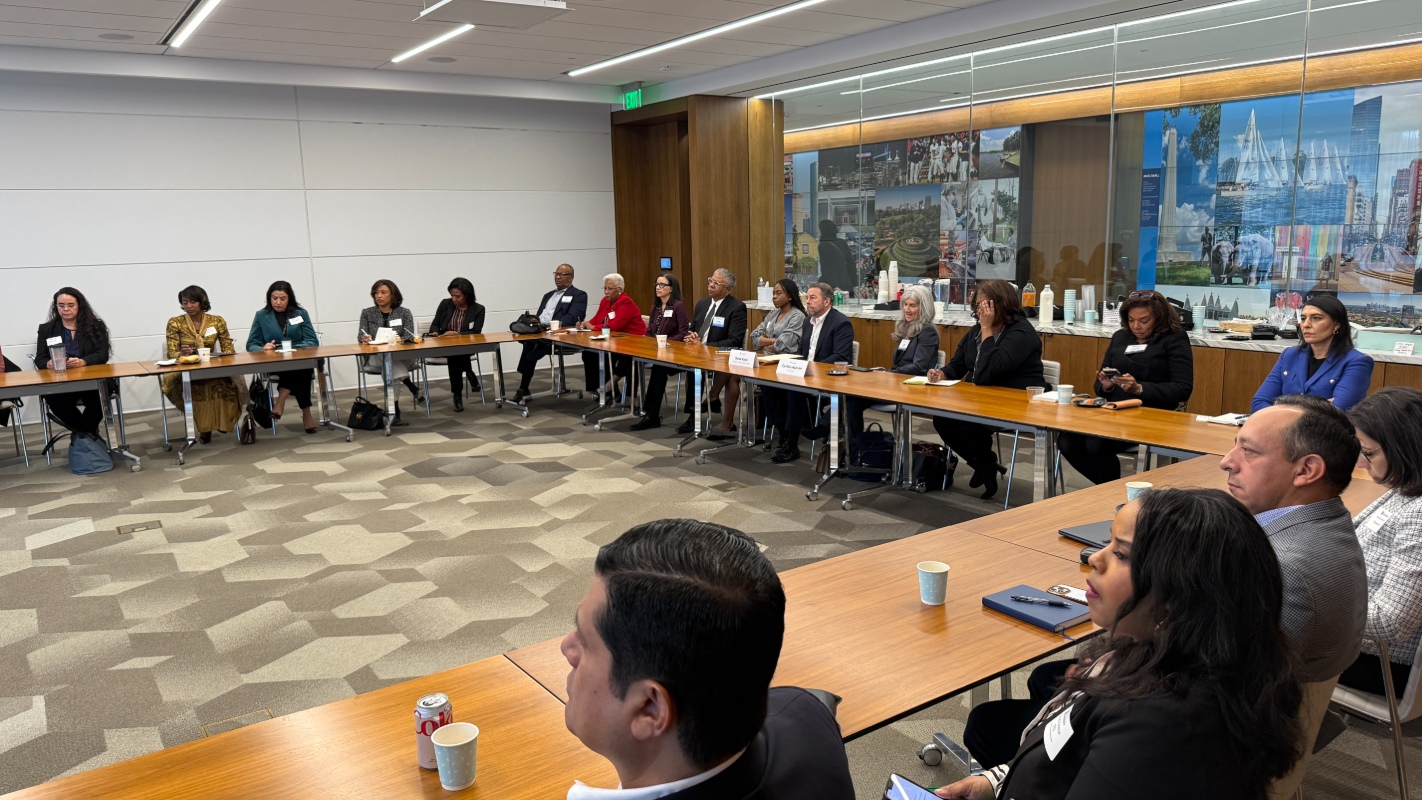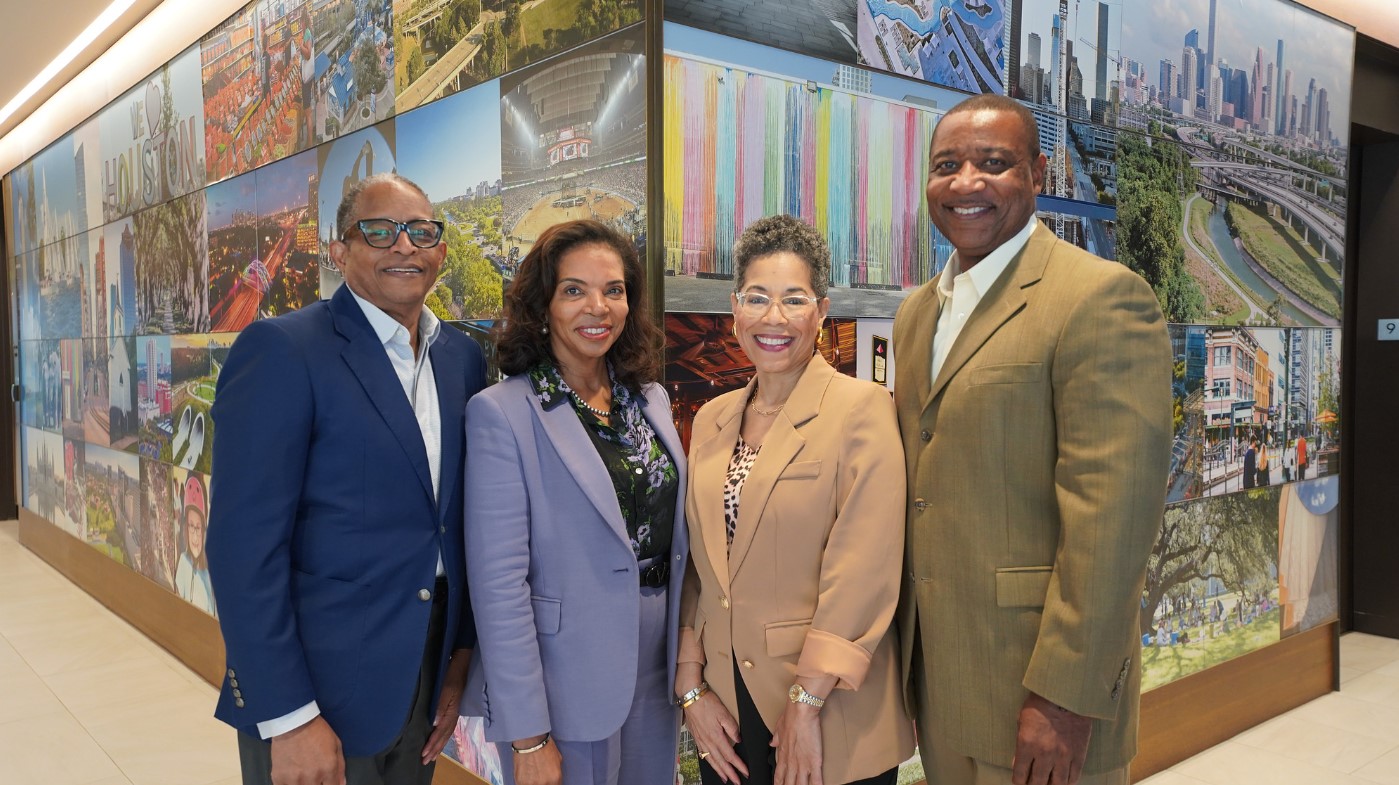Houston Area Equity & Inclusion Assessment Now Live
Published Jun 17, 2021 by A.J. Mistretta
The Greater Houston Partnership has launched the Houston Area Equity & Inclusion Organization Assessment, a robust tool to help businesses and organizations in the region of all sizes enhance their equity and inclusion strategy and increase community impact.
The Partnership held a virtual launch event on June 17 to introduce the assessment and answer participants questions. Partnership Senior Vice President of DEI LaTanya Flix led the conversation and was joined by Marci Blue, Director of Research and Data Initiatives at the Greater Cleveland Partnership (GCP), which the local organization has partnered with to help facilitate the assessment.
The Equity & Inclusion Organization Assessment is a major part of the Partnership’s first phase of action for One Houston Together, its commitment to leverage the power of the business community to address racial inequities. The initial priorities of One Houston Together are to accelerate growth of underrepresented businesses and increase racial equity in both the corporate talent pipeline and executive leadership.
Based on the Global Diversity Equity and Inclusion Benchmarks, the assessment offers businesses and organizations a chance to evaluate their performance on 175 indicators across 15 different categories—from reactive to best practice. The assessment is open to all organizations with five or more employees in the 12-county Houston region. It closes July 31.
In addition to each organization receiving its individual scores, the metrics will then be rolled up to create a regional index and collective look at where the region stands on equity and inclusion. This index will serve as a baseline to measure progress in future annual assessments.
Flix said the assessment will help companies and organizations measure progress; establish a shared language to talk about diversity, equity and inclusion; and visualize and demonstrate best practices—all needs the Partnership heard from the business community following the creation of One Houston Together.
“In Houston, our racial equity pledge and commitment is not prescriptive,” Flix said. “Success depends on each of us taking action, and the first step is this assessment.”
To assist with the development and deployment of the assessment, the Partnership worked with the GCP, which has engaged in DEI work for more than 20 years. Blue with the GCP walked event participants through the assessment virtually and answered questions about the tool. She also made suggestions on how organizations should approach the assessment:
- Identify a point person, perhaps a DEI lead Chief Human Resources officer or someone similar.
- Share the access link across the organization to allow for the right person to weigh in on key elements
- Download the assessment questions PDF to help answer the questions and then submit those answers electronically.
To receive your organization’s URL and unique password, please fill out the form on this page. You will also find links to frequently asked questions and a PDF of the assessment questions. View the complete launch presentation by clicking on the video above and see the presentation slides here.
 The Houston Report
The Houston Report



















